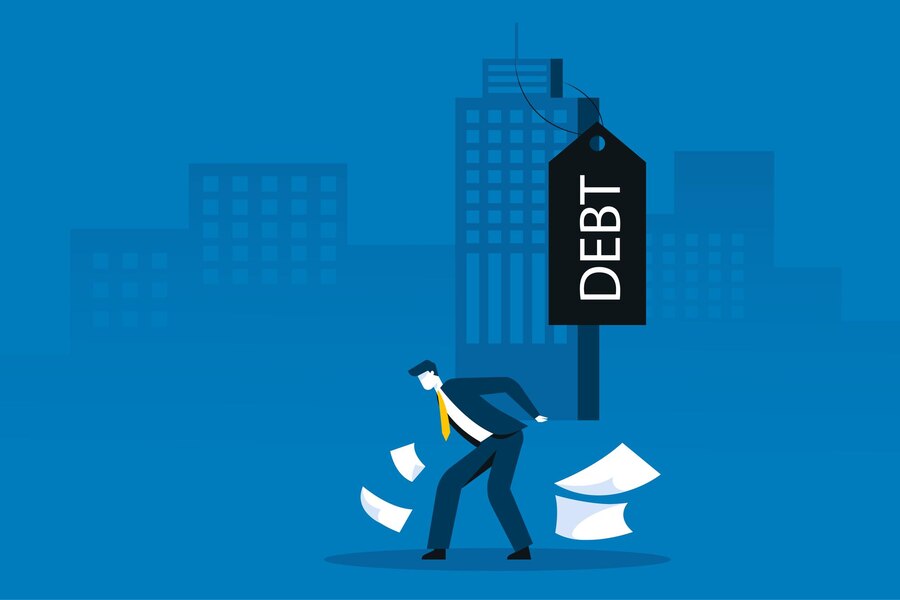Debt settlement can be a lifesaver for those struggling with overwhelming debt. It offers a pathway to financial freedom by negotiating with creditors to reduce the total amount owed. However, the process of settling your debts can have a significant impact on your borrowing power and credit score. In this article, we will explore the impact, benefits, and process of personal loan settlement and discuss the steps to regain your borrowing power post-settlement.
The Impact of Personal Loan Settlement
Benefits of Personal Loan Settlement
- Debt Reduction: The primary benefit of personal loan settlement is a substantial reduction in the amount you owe. Creditors are often willing to accept a lower amount to settle the debt, which can be a significant relief for borrowers facing financial distress.
- Financial Relief: Debt settlement can provide immediate financial relief by lowering your monthly payments. This can help you regain control of your finances and alleviate the stress associated with unmanageable debt.
- Avoiding Bankruptcy: Personal loan settlement can be an attractive alternative to bankruptcy, which has more severe and long-lasting effects on your credit score.
The Process of Personal Loan Settlement
- Assessment: To initiate the process, assess your financial situation and identify the debts you wish to settle. Determine if you can negotiate with creditors on your own or if you need the assistance of a professional debt settlement company.
- Negotiation: Engage in negotiations with your creditors or enlist the help of a reputable debt settlement firm. They will work to reach an agreement for a reduced settlement amount. Once an agreement is reached, get the terms in writing.
- Funds Accumulation: Start setting aside funds to make the agreed-upon settlement payments. Creditors typically require a lump-sum payment or a structured settlement plan.
- Settlement: Once you have accumulated the required funds, proceed with the settlement. Ensure that the agreement is fulfilled as per the terms you and the creditor agreed upon.
- Credit Reporting: After settling your debt, check your credit report to ensure that the account is updated to reflect the settlement. It should be reported as “settled” rather than “unpaid.”
Personal Loan Settlement and Its Effects on Your Credit Score
Debt settlement can have both positive and negative effects on your credit score:
Positive Effects
- Reduced Debt: As mentioned earlier, personal loan settlement reduces your overall debt burden. This can positively impact your credit utilization ratio, which is a key factor in your credit score. A lower credit utilization ratio can boost your credit score.
Negative Effects
- Credit Score Impact: The most significant negative impact of personal loan settlement is on your credit score. Settling a debt is seen as a negative event by credit reporting agencies. It can lower your credit score, and the settled account will stay on your credit report for several years.
- Future Borrowing: Lenders may view your settlement as a red flag when considering your creditworthiness for future loans. You may face higher interest rates or more difficulty obtaining credit.
Steps to Regain Your Borrowing Power
Rebuilding your borrowing power after personal loan settlement is essential to regain your financial stability. Here are steps you can take:
- Monitor Your Credit: Regularly monitor your credit reports to ensure that the settled accounts are accurately reported. Dispute any inaccuracies with the credit reporting agencies.
- Establish a Budget: Create a detailed budget that helps you manage your finances effectively. Stick to your budget to avoid falling back into the cycle of debt.
- Emergency Fund: Build an emergency fund to cover unexpected expenses. This will reduce the likelihood of relying on credit for unplanned financial needs.
- Secured Credit Cards: Consider applying for a secured credit card. These cards require a cash deposit as collateral and can be a useful tool for rebuilding credit.
- Timely Payments: Ensure that you make all future payments on time. Payment history is a significant factor in your credit score, and consistent on-time payments will gradually improve your creditworthiness.
- Seek Professional Guidance: Consult with a financial advisor or credit counselor to create a personalized plan for rebuilding your credit and improving your financial situation.
Conclusion
Personal loan settlement can offer significant benefits in terms of reducing debt and providing financial relief. However, it can also have a negative impact on your credit score and borrowing power. By following the steps to rebuild your credit and financial stability, you can regain your borrowing power and work towards a brighter financial future. Remember that patience and responsible financial management are key to your success in the post-settlement phase.



